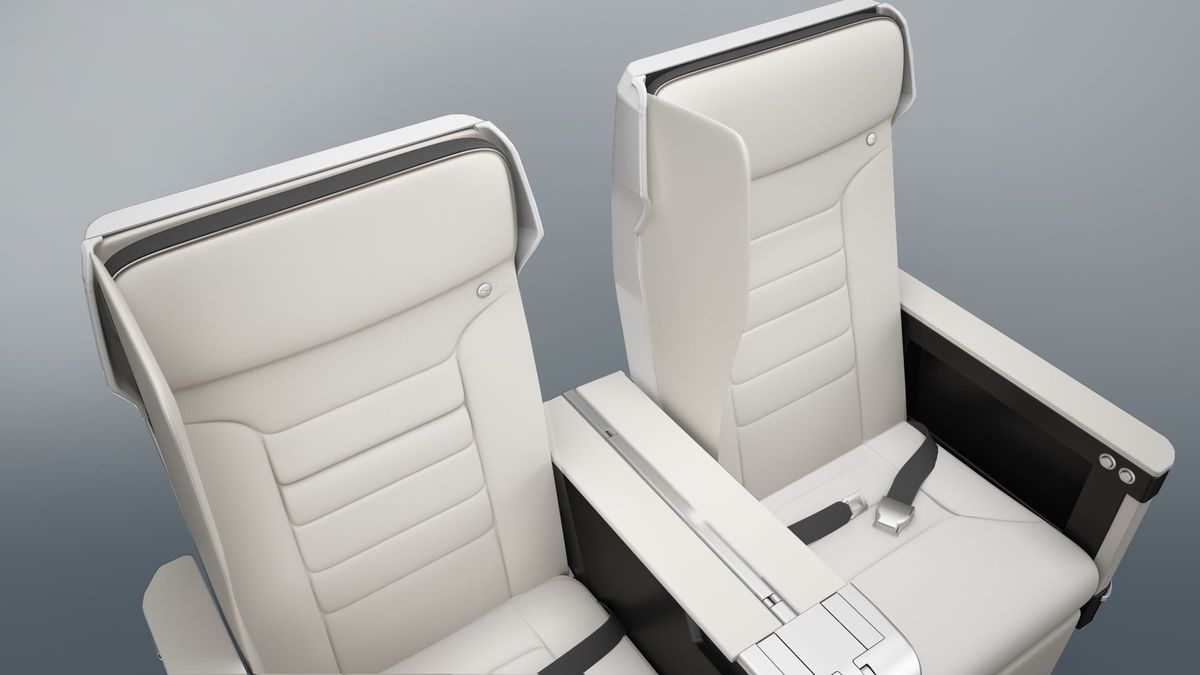Airlines demand virus-busting seats to ease Covid deep cleaning
Seat-maker Safran says carriers are eager to simplify the new health protocols shaped by Covid.

Demand for airplane-seat coverings that repel viruses and bacteria has soared during the Covid-19 pandemic, as carriers look to cut the time and cost of cleaning cabins.
“The stakes are high for airlines,” said Quentin Munier, head of strategy and innovation at the seat division of aircraft-parts giant Safran. Tenders for new orders increasingly call for fabrics with virus-killing properties, he said.
The airline industry has been among the hardest hit by Covid-19 and most carriers have adopted strict health protocols on mask-wearing and cabin cleaning to cut transmission, reassure passengers and revive travel.
Industry lobby International Air Transport Association has published a 32-page document on how to scrub the inside of aircraft.
“Airlines are cleaning now, but that’s what they want to reduce,” Munier said. A carrier that managed eight daily rotations on a given route before the pandemic can now do only six because of time-consuming disinfection procedures, he said.
Safran, based in Paris, is conducting tests with hospitals on the efficacy of fabrics into which so-called biocides have been integrated during manufacturing, he said. Another possibility is the use of sprays that can be applied to existing seats and last between six months and a year.
These could lighten some of the procedures between flights and add a new dimension to the roughly US$4.2 billion jet-seat market.
IATA recommends using a vacuum cleaner to remove loose particles from fabric seat covers, and wiping and drying those made of leather-like coverings. It also advises the removal of visible stains or else changing a fabric, and that belts and buckles also be cleaned and disinfected.
This article is published under license from Bloomberg Media: the original article can be viewed here